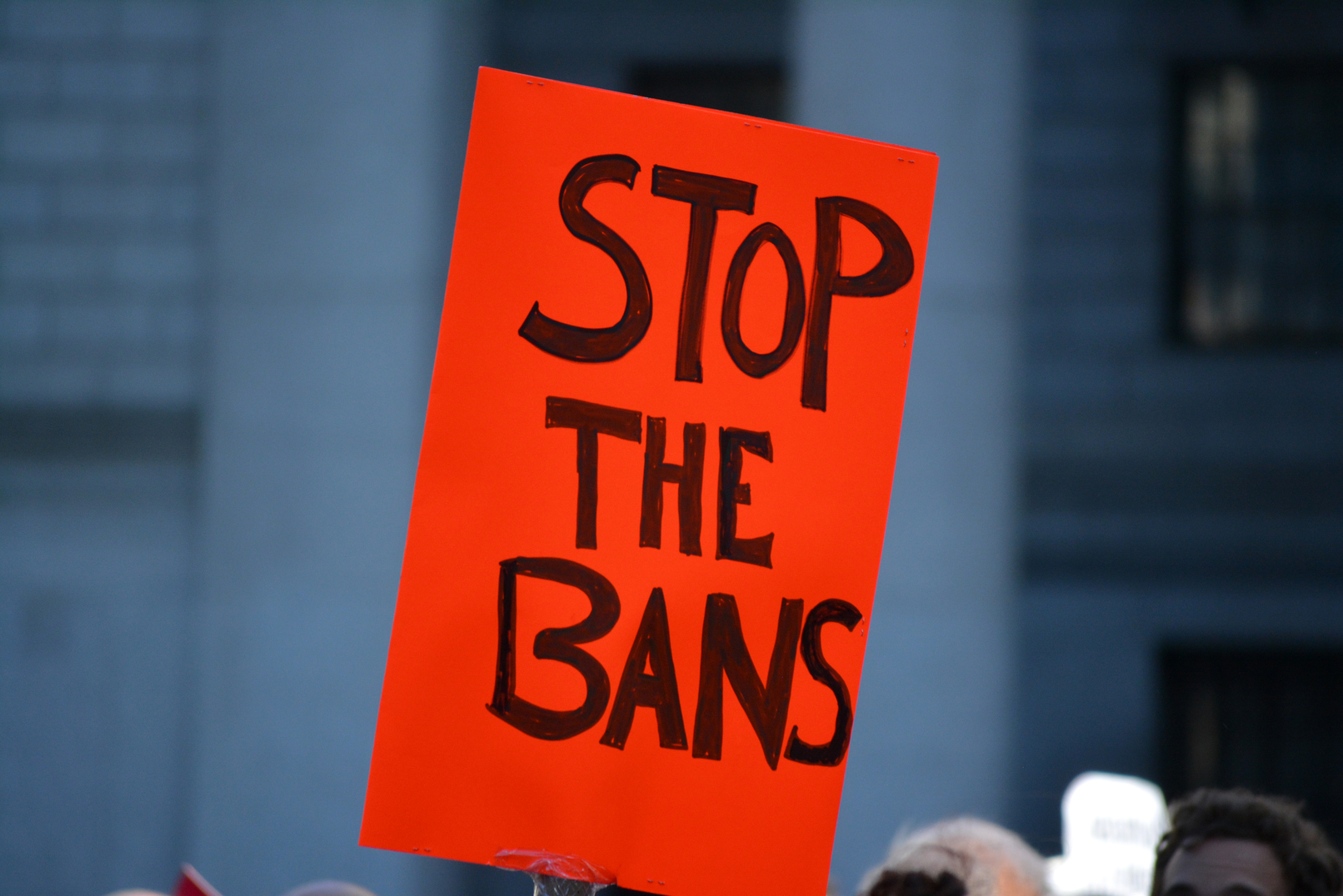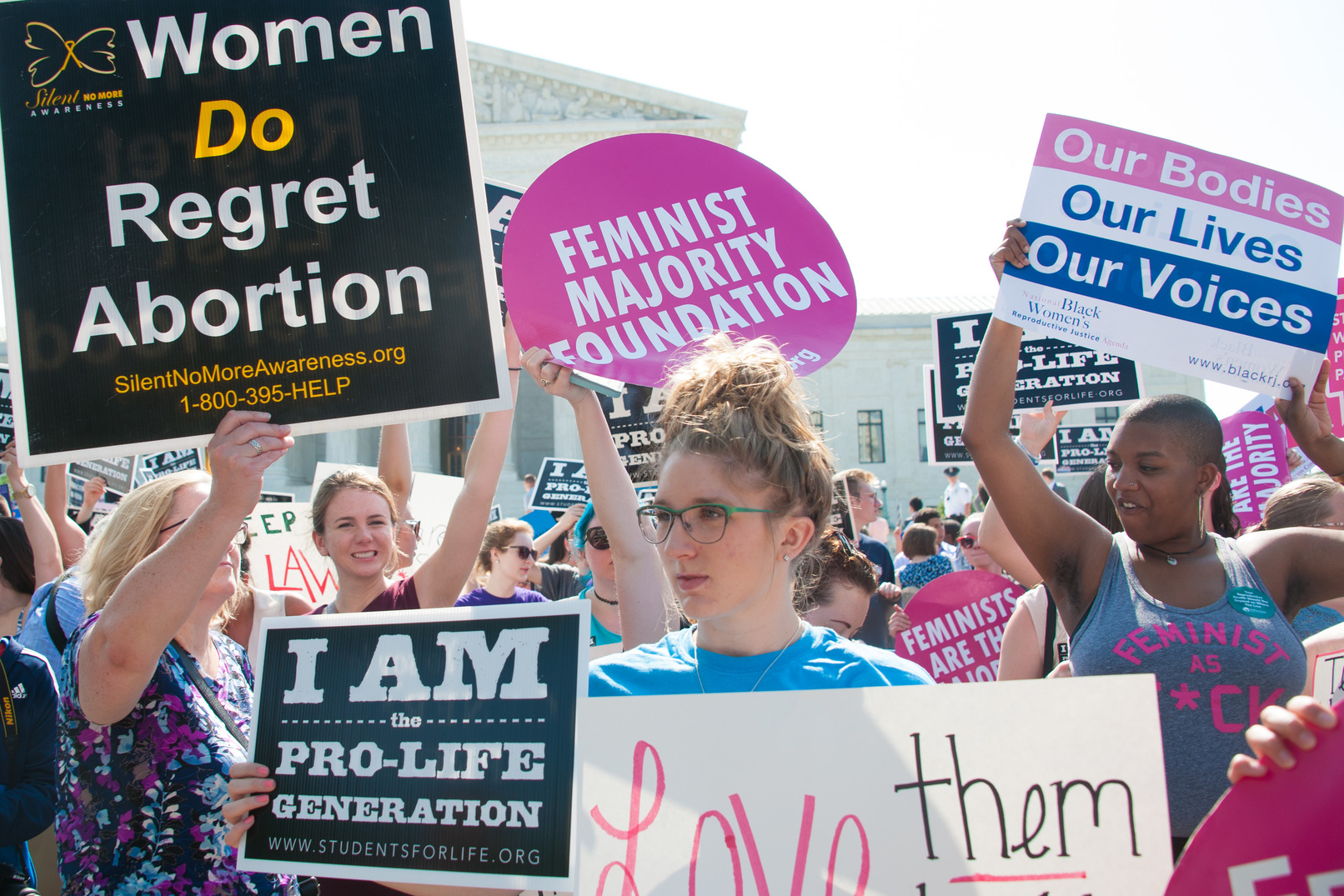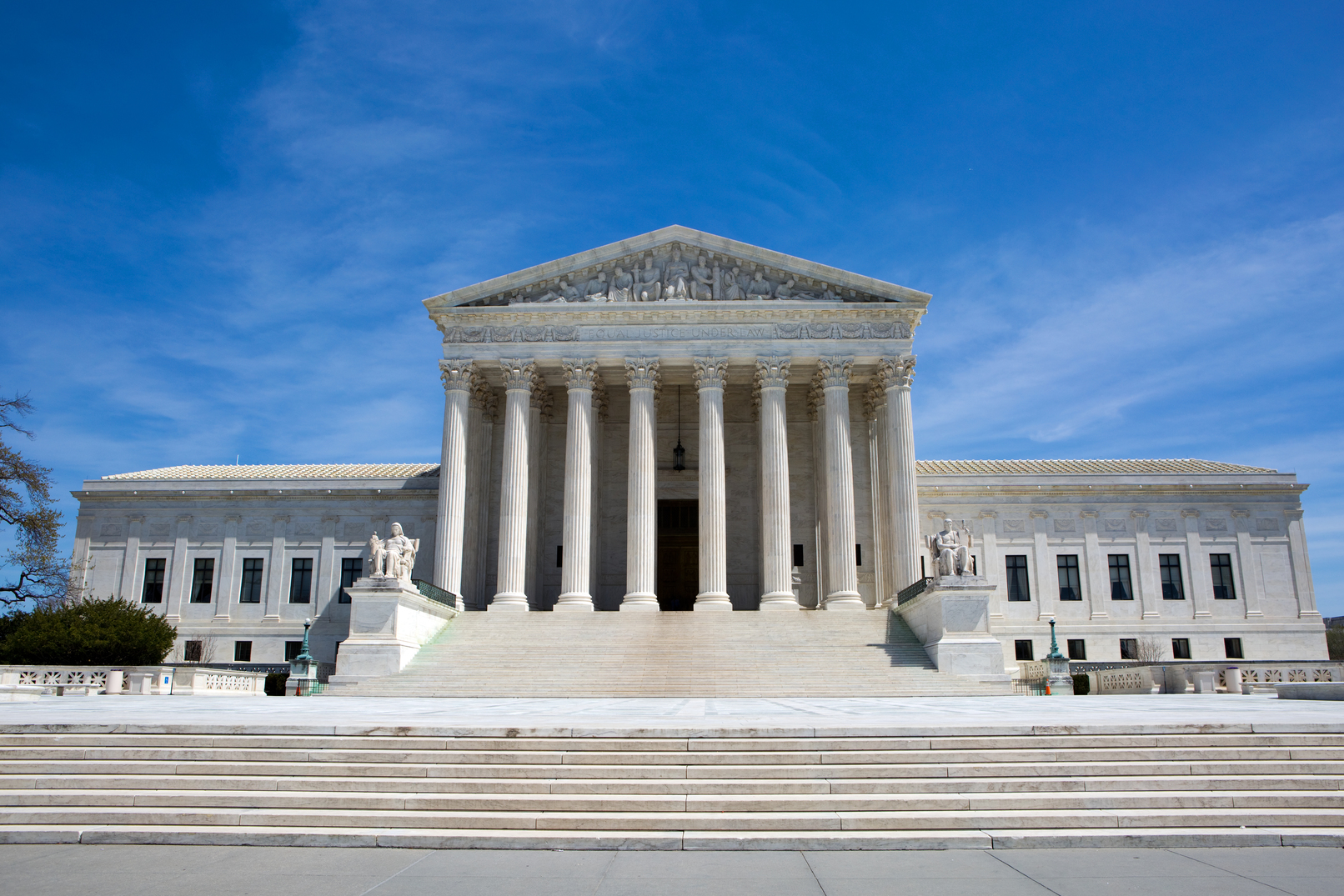Yelp, Apple, Citigroup, and other major companies seek to ease access to abortion services for employees who live in states with tight restrictions, such as Texas.
Articles Tagged with Abortion
Abortion rights activists and providers filed a federal lawsuit on Tuesday, challenging Texas Senate Bill 8. S.B. 8 bans abortion in Texas after approximately six weeks of pregnancy and allows private citizens to sue any abortion provider or individual who violates the law.
Last week, Judge William Alsup of the US District Court for the Northern District of California joined federal courts in New York and Washington state in striking down the Denial of Care Rule put forth by the US Department of Health and Human Services earlier this year. Judge Alsup declared the rule, which would permit health care workers to decline to provide services, care, or information to patients due to the worker's personal religious or moral beliefs, discriminatory and unconstitutional.
On Tuesday, October 29, 2019, Judge Myron H. Thompson of the U.S. District Court for the Middle District of Alabama granted a preliminary injunction in Robinson et al v. Marshall, a lawsuit challenging Alabama Act No. 2019-189. The statute imposes criminal liability on abortion providers for almost all abortions, whether completed or attempted, regardless of fetal viability. The preliminary injunction prevents enforcement of the statute only as applied to pre-viability abortions. The statute is set to go into effect on November 15, 2019.
California has filed a lawsuit in federal district court in Northern California to challenge a new regulation the Trump administration plans to enact in order to block access to abortion and family planning services. Specifically, the case seeks to enjoin new rules adopted under Title X of the Public Health Service Act, a family planning program funded by the federal government. Oregon, Washington, and approximately 20 other states are expected to file suit as well.
Last week, the federal government issued a rule to withhold federal funding for family planning from groups that provide abortions or abortion referrals. To receive federal funding, clinics will need to physically and financially separate any services that receive government funding from organizations that provide abortions or referrals.
The US Supreme court will not hear two cases stemming from state efforts to prevent Planned Parenthood clinics from receiving funding under Medicaid. Justices Thomas, Gorsuch, and Alito voted to hear the cases, but Chief Justice Roberts and the newly-confirmed Justice Kavanaugh voted with the Court's liberal justices to turn the cases away; four votes are needed to hear a case. This split among the conservative wing of the Court may reflect Chief Justice Roberts' intention to keep the Court out of hotly contested issues, and of Justice Kavanaugh's willingness to follow along, at least for the time being.
President Trump has announced Brett Kavanaugh as his pick to replace Justice Anthony Kennedy on the U.S. Supreme Court. Kavanaugh is a conservative jurist who has served for over a decade on the U.S. Court of Appeals for the D.C. Circuit. He previously worked in the George W. Bush White House, and also worked with Kenneth Starr's team in the effort to impeach former President Bill Clinton in the 1990s. Notably, Kavanaugh has published scholarly commentary suggesting that Congress should pass a law insulating a sitting president from criminal indictment until after leaving office or being impeached, convicted, and removed from office; he has also written that civil lawsuits should be deferred while the president is in office. Some speculate that these writings could have influenced Trump's decision to nominate Kavanaugh given the mounting legal scrutiny Trump is facing. If Kavanaugh is confirmed by the Senate, he is expected to vote with the Court's conservative majority on issues including abortion, union rights, civil rights, and gun control.
On Tuesday, May 29, 2018, the United States Supreme Court denied Planned Parenthood's petition for a writ of certiorari in Planned Parenthood of Arkansas & Eastern Oklahoma v. Jegley (8th Cir. 2017). At issue is an Arkansas abortion law that requires doctors who provide medication abortions to contract with a second doctor who has hospital admitting privileges. Arkansas has three abortion clinics, two of which only offer medication abortions; only the abortion clinic in Little Rock offers surgical abortions. Arkansas would become the seventh state to have only one abortion clinic should the law stand.
The Seventh Circuit Court of Appeals recently struck down a law regulating abortions signed into law in March of 2016 by then Indiana Governor Mike Pence.Called the “Sex Selective and Disability Abortion Ban”, the law imposed restrictions on a woman’s ability to have an abortion based on her reasons for seeking the abortion. The law prohibited a person from performing an abortion if the person knows the woman is seeking an abortion solely for one of the enumerated reasons related to the disposition of the fetus, and required those performing abortions to inform women of the provisions. The prohibited reasons included seeking an abortion based on the sex of the fetus, whether the fetus had been diagnose with a disability, or its race, color, national origin or ancestry.









